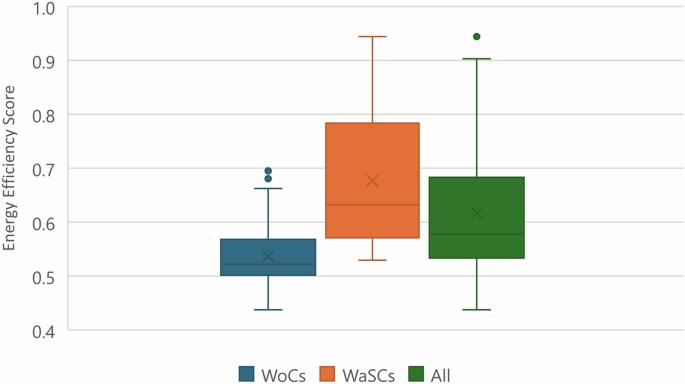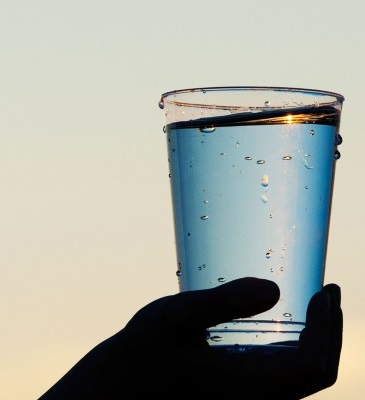评估环境变量对提供饮用水服务过程中能效变化的影响
IF 10.4
1区 工程技术
Q1 ENGINEERING, CHEMICAL
引用次数: 0
摘要
在饮用水供应中水与能源关系的背景下,评估能源效率的时间变化至关重要。本研究利用随机非参数数据包络(StoNED)方法,结合多个环境变量,估算了饮用水服务能源效率的纵向变化。从 2008 年到 2020 年在英格兰和威尔士进行的分析表明,原水的水源和水质以及人口密度影响着供水公司的能源绩效。定量研究结果表明,不同公司的能源效率存在明显差异,平均效率为 0.617,范围在 0.437 到 0.944 之间。动态评估表明,该行业平均每年提高 1.1%,主要是由技术进步(0.9%)而不是效率提高(0.2%)推动的。这项研究强调,迫切需要制定专门的政策和激励措施,以提高能源效率,支持可持续的城市水资源管理。本文章由计算机程序翻译,如有差异,请以英文原文为准。

Assessing the influence of environmental variables on energy efficiency changes in the provision of drinking water services
Within the context of the water-energy nexus in drinking water provision, it is crucial to evaluate temporal shifts in energy efficiency. Utilizing the Stochastic Nonparametric Envelopment of Data (StoNED) approach, this research estimates longitudinal variations in the energy efficiency of drinking water services integrating multiple environmental variables. The analysis, conducted in England and Wales from 2008 to 2020, indicates that the source and quality of raw water, as well as population density, influenced the energy performance of water utilities. Quantitative findings evidenced marked disparity in energy efficiency among different companies, with an average efficiency of 0.617 and a range from 0.437 to 0.944. The dynamic assessment indicates an average annual enhancement of 1.1% in the sector, predominantly propelled by technical advancements (0.9%) rather than by improvements in efficiency (0.2%). This study emphasizes the critical need for bespoke policies and incentives to boost energy efficiency and support sustainable urban water management.
求助全文
通过发布文献求助,成功后即可免费获取论文全文。
去求助
来源期刊

npj Clean Water
Environmental Science-Water Science and Technology
CiteScore
15.30
自引率
2.60%
发文量
61
审稿时长
5 weeks
期刊介绍:
npj Clean Water publishes high-quality papers that report cutting-edge science, technology, applications, policies, and societal issues contributing to a more sustainable supply of clean water. The journal's publications may also support and accelerate the achievement of Sustainable Development Goal 6, which focuses on clean water and sanitation.
 求助内容:
求助内容: 应助结果提醒方式:
应助结果提醒方式:


